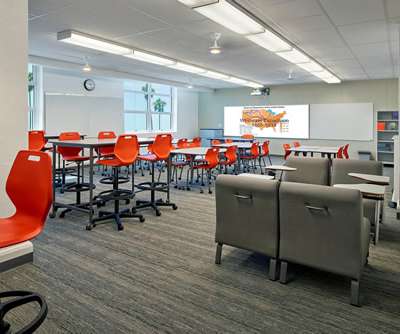How LMS groups enable student collaboration for better learning outcomes
Neo LMS
MAY 24, 2022
Teachers are encouraged to promote collaboration in the classroom to achieve better learning outcomes. The consensus is that fostering student collaboration through group activities leads to more engaging and efficient learning. . Why student collaboration in the classroom matters.















Let's personalize your content